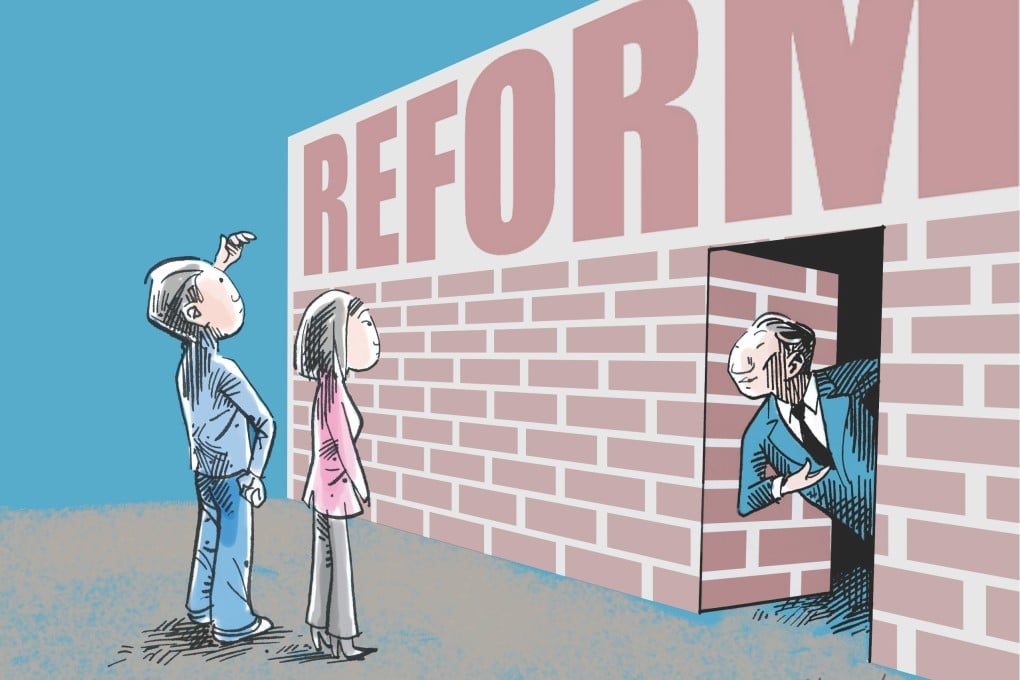Hong Kong must step forward on constitutional reform to avoid political gridlock
Carrie Lam says we have to seize the opportunity to enact universal suffrage for the 2017 chief executive election as to do otherwise would only block future development

The second round of consultation on constitutional development has now been launched. Members of the public are invited to express their views on the method of universal suffrage to be adopted for the chief executive election in 2017. This is part of the preparation for step three of the "five-step process", which requires the government to propose a reform package to the Legislative Council.
Following the National People's Congress Standing Committee decision on August 31, 23 pan-democratic legislators have vowed to boycott the second round of consultation and vote against any proposal drawn up by the government. Four other pan-democrats hold an even more radical stance.
On the face of it, there is a slim chance our reform proposal will get passed. As such, some might ask: "What's the point of the second round of consultation if it is doomed to go nowhere?"
The answer is that it is our solemn duty to do so, and we will never give up our efforts to rally public and Legco support. This is not a mission impossible. And that is because we have a firm conviction that implementing universal suffrage for the 2017 chief executive election, in accordance with the law, is definitely beneficial to Hong Kong and is an opportunity that must not be cast aside.
First, selecting the chief executive by universal suffrage is the common aspiration of the central authorities, the Hong Kong government as well as the people of Hong Kong. In the first round of public consultation, we heard clearly the wishes of the people in this regard.
Universal suffrage for the 2017 election is within reach if discussions on constitutional development are carried out within the framework of the Basic Law and the Standing Committee decision. Within that framework, through exploring the detailed procedures for nominating chief executive candidates, we believe that a fair, just, transparent and competitive election may be designed to allow five million eligible voters to exercise their right under the Basic Law to directly elect the chief executive they support through "one person, one vote".